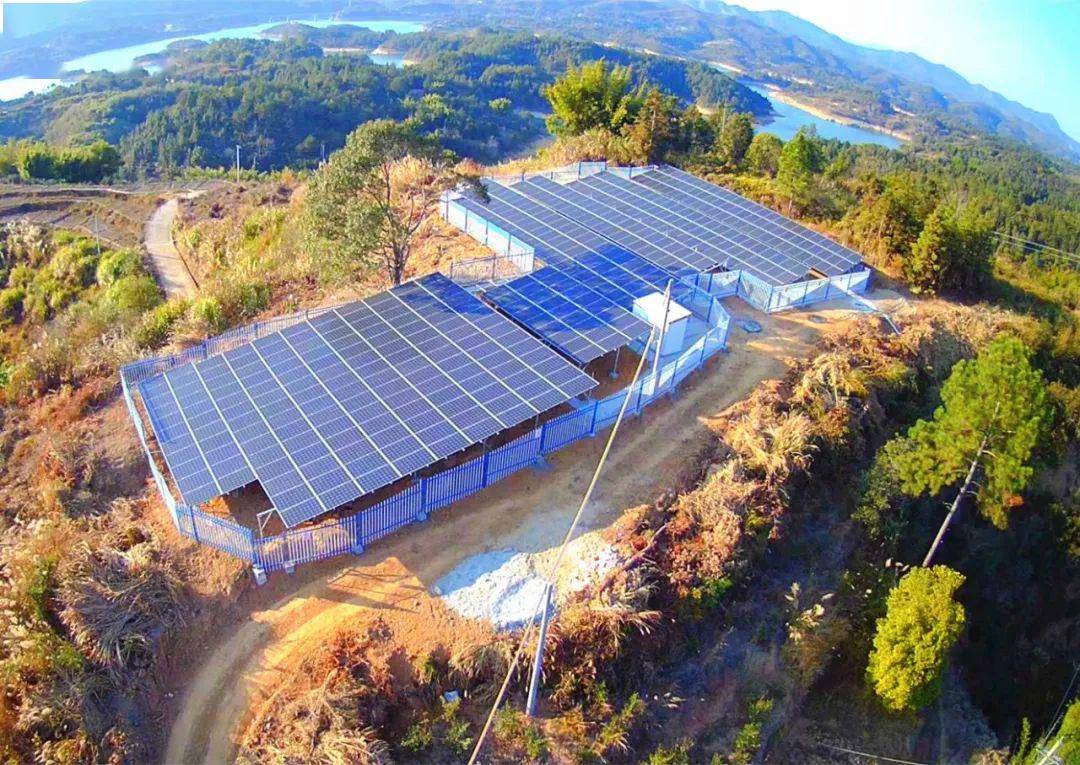
Mar . 06, 2024 14:29 Back to list
The U.S. Department of Energy wants to improve access to energy in rural and remote communities
The U.S. Department of Energy (DOE) has recently announced a significant funding initiative totaling over $366 million to support 17 projects situated in or near highly polluted, underserved, and disadvantaged communities. The primary goal of these projects is to expedite the adoption of clean energy solutions in rural and remote areas. The projects encompass a wide range of technologies including photovoltaic energy storage, hybrid photovoltaic storage microgrids, hydropower, heat pumps, and biomass energy. Each project aims to address specific energy needs in its respective community while also contributing to the overall reduction of greenhouse gas emissions.
Starting with photovoltaic energy storage, one of the projects involves the installation of a 5-megawatt solar photovoltaic system along with a 10-megawatt-hour energy storage system at the Taos Pueblo Tribe. This initiative is expected to result in a significant reduction of greenhouse gas emissions by 279,210 metric tons per year over a 25-year operational period. Similarly, in Northwest Alaska, a 4-megawatt photovoltaic array and a 7.1-megawatt-hour energy storage system will be deployed along with 850 heat pumps to replace 350,000 gallons of diesel fuel annually. The advancements in power distribution technology developed through these projects will also benefit other remote communities in the region.
In the realm of hybrid light-storage microgrids, multiple initiatives are underway to deploy photovoltaic and storage systems in regions that currently rely on diesel power generation. These efforts, such as the installation of microgrids in areas like Nurato, Husliya, and the Fort Lupton Tribe, aim to significantly reduce diesel consumption and associated greenhouse gas emissions over their operational lifetimes. Additionally, projects in places like the Hopi tribe and the Chippewa tribe are leveraging a combination of photovoltaic arrays, energy storage systems, and existing backup generators to pave the way for net-zero emissions and all-weather power supply.

Water and electricity projects are also a key focus of the funding initiative, with endeavors like building hydroelectric power generation facilities in Chignik, Port Alder, and Angong. These facilities are designed to not only replace significant portions of diesel consumption within their respective regions but also to support local economic development initiatives through the use of excess electricity. Furthermore, innovative projects, such as converting open-air irrigation canals into photovoltaic + hydraulic systems at the Yakama tribe, showcase the versatility and potential impact of integrating renewable energy technologies into traditional infrastructure.
Another area of focus in the funded projects is the deployment of heat pump technology, particularly in rural Maine communities. By installing 675 ducted heat pumps in mobile homes, these initiatives are contributing towards meeting the state's ambitious goal of installing 115,000 home heat pumps by 2030. This move not only enhances energy efficiency in residential settings but also supports the broader transition towards cleaner heating solutions in rural areas.
In the context of biomass energy, the funding initiative includes the deployment of community-scale bioenergy systems at Western California Biofuels. These systems aim to convert harvested biomass into renewable electricity and biochar, showcasing the potential of biomass as a sustainable energy source. By leveraging organic waste materials to generate clean energy, these projects contribute to reducing greenhouse gas emissions and promoting sustainable energy practices in the local community.
In conclusion, the DOE's funding initiative represents a comprehensive effort to accelerate the deployment of clean energy solutions in rural and disadvantaged communities across the United States. Through a diverse range of projects utilizing technologies such as photovoltaic energy storage, hybrid microgrids, hydropower, heat pumps, and biomass energy, these initiatives are not only addressing immediate energy needs but also laying the foundation for a more sustainable and resilient energy landscape. The projects highlighted in the announcement demonstrate the significant impact that targeted investments in clean energy can have on reducing greenhouse gas emissions, promoting economic development, and improving energy access for underserved communities.
-
Stackable Battery System: Revolutionizing C&I Energy Storage with Suzhou ACDC
NewsJul.21,2025
-
Revolutionizing EV Charging with Suzhou DC Quick Charging Stations Solutions
NewsJul.21,2025
-
Revolutionize Your Power Needs with Suzhou ACDC's Portable Power Station Solutions
NewsJul.21,2025
-
Outdoor Integrated Temperature Control Cabinet: Elevating Energy Storage Cabinet Efficiency
NewsJul.21,2025
-
Container Type Energy Storage System: Revolutionizing Energy Storage with Stackable Battery Solutions
NewsJul.21,2025
-
Advanced Self-Cooling Energy Storage Cabinet Solutions
NewsJul.21,2025























